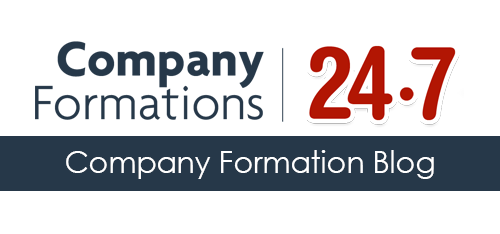The worlds of business and enterprise have evolved markedly over the course of the last decade, to the point where starting a commercial venture is now far easier than it has been previously. One of the most significant changes has been the changing attitude of parents and government officials, who have begun to encourage and incentivise entrepreneurship among younger citizens.
That said, there are a bewildering number of options available to those who wish to work independently. In addition to this, self-employment or the establishment of an independent business brings far greater responsibilities, and it is your duty as an aspiring entrepreneur to understand these and meet their subsequent tax liability. If you fail to take this responsibility seriously, you run the risk of undermining your business start-up before it has even begun.
Meeting your Financial Responsibilities: 3 Tips for Success
While the complexities of working for yourself may seem overwhelming, there are practical steps you can take to meet your financial responsibilities. Consider the following: –
Understand the Type of Business that you Want to Start: In order to meet your responsibilities as a self employed individual, it is important to first understand how you would like to operate. There are a number of options immediately available, ranging from establishing yourself as a sole trader to opening a limited company. The differences are significant, and your selection depends on factors such as your favoured business model, projected income and the growth potential of your concept. While each option enables you to work independently of others, they also have different tax requirements and thresholds that can impact your earnings, so it is important to carefully research the options before you make a commitment.
Operate Separate Bank Accounts for Earnings and Tax: Once you have determined your method of operation and subsequent tax liability, the next step is to ensure that you are able to make the necessary payments. In order to achieve this effectively, it is worth calculating your annual tax debt and placing the required amount in a separate bank account. If you are unable to do this through a lump sum transaction at the beginning of the financial year, then look to transfer an exact sum of money every month until the requisite amount is achieved. This process can prove invaluable, and means that you are never short of capital when it comes to paying your tax and national insurance contributions..
Engages the Services of an Industry Professional: It cannot be denied that financial law is complex, especially in relation to those who are self-employed and operate under their own company name. Not only this, but as your operation grows and begins to scale upwards, you may become eligible to pay VAT (Value Added Tax) and higher rates of corporate tax. With this in mind, it is always wise to employ the services of reputable chartered accountants, as these firms have the capacity to assist you in meeting your tax requirements over a prolonged period of time. They can also offer advice at every single stage of the business development process, which may crucial as your venture evolves and expands.
Author
Marcus Brenner is a financial industry professional with more than 20 years experience. In his role as an advisor, he regularly recommends Price Bailey for all of your accountancy tasks.



